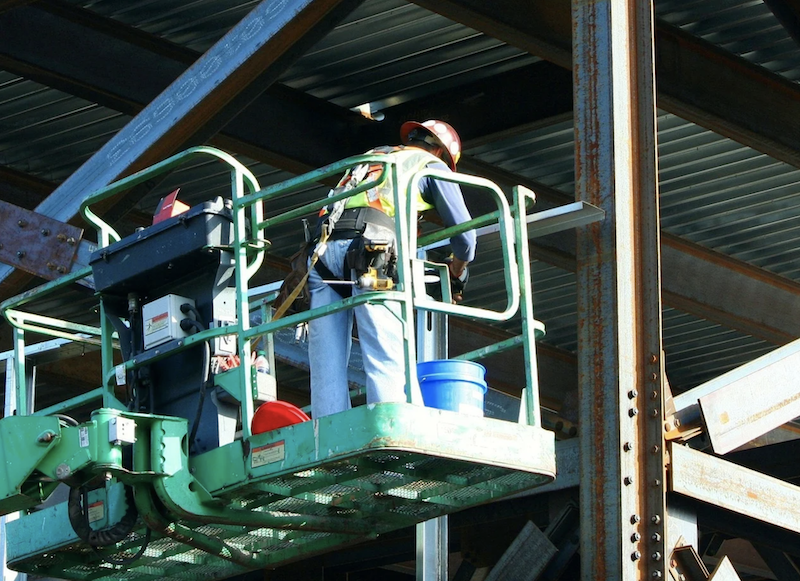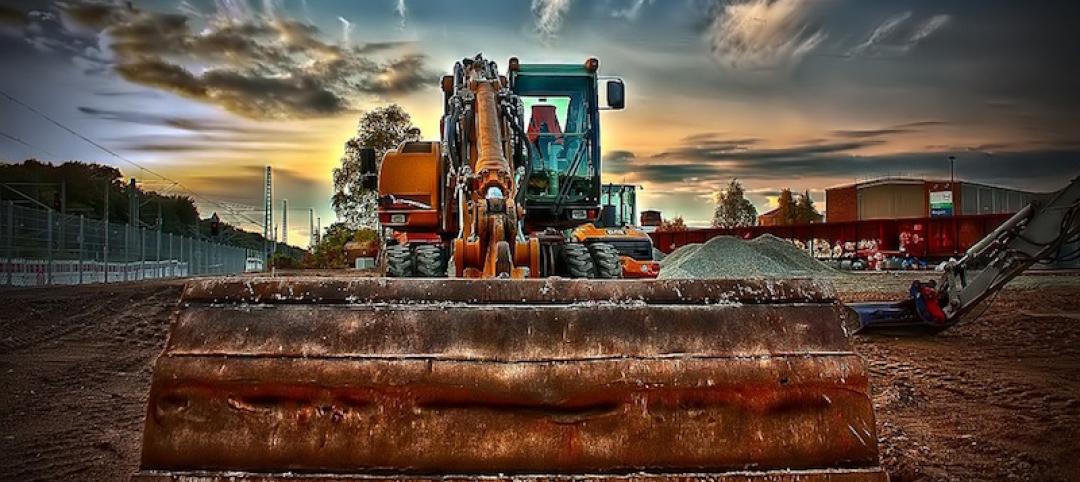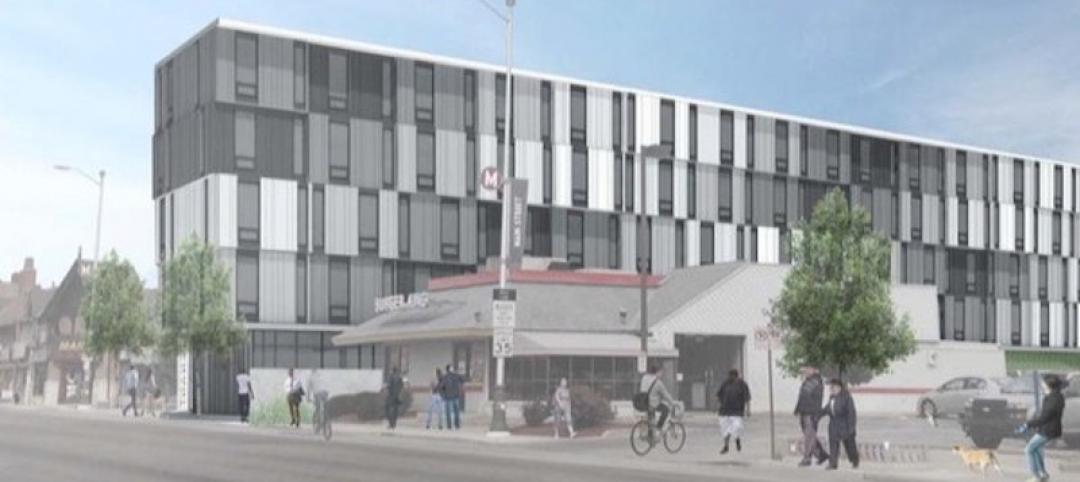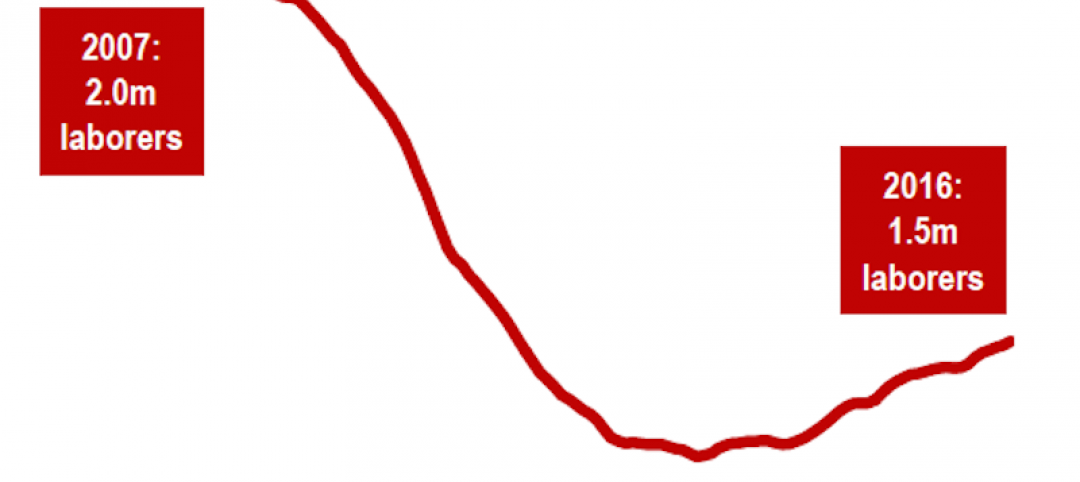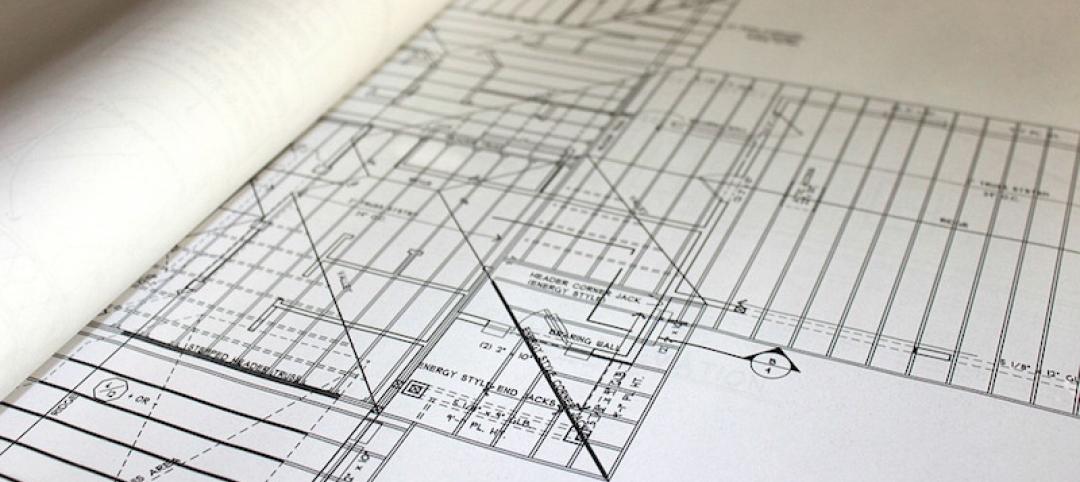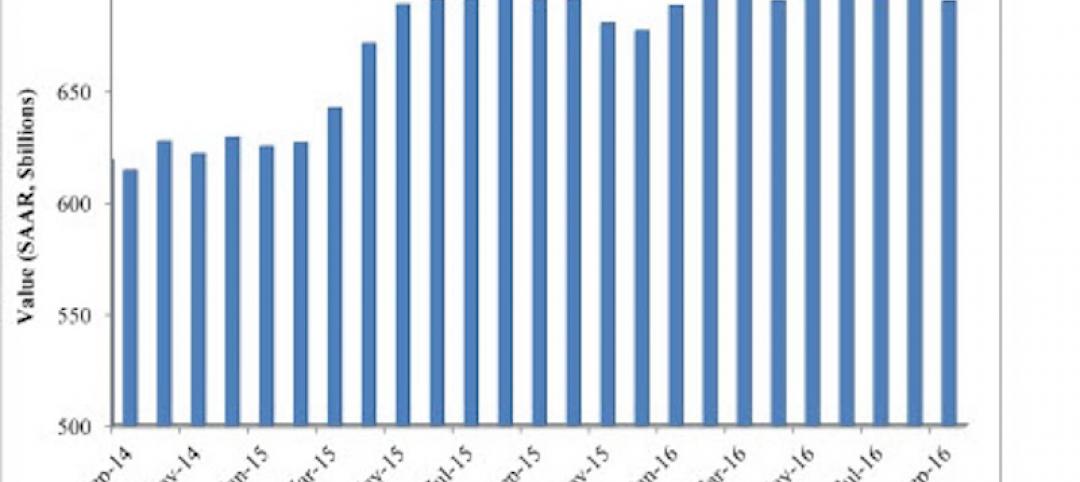Construction employment in April remained below the pre-pandemic high set in February 2020 in 36 states and the District of Columbia, despite increases from March to April in 26 states, according to an analysis by the Associated General Contractors of America of government employment data released today. Association officials said that the sector’s recovery was being undermined by increases in materials prices, delays in receiving key construction supplies and labor shortages.
“Today’s numbers show that construction has yet to fully recover from the effects of the pandemic in most parts of the country,” said Ken Simonson, the association’s chief economist. “Even where employment has topped pre-pandemic levels, the gains are likely due mainly to feverish homebuilding and remodeling, not to widespread resumption of nonresidential building and infrastructure projects.”
Seasonally adjusted construction employment in April exceeded the February 2020 level in only 14 states. Utah added the most jobs (5,100 jobs or 4.5%), trailed by Idaho (4,400 jobs, 8.0%), Washington (3,800 jobs, 1.7%), and South Carolina (1,900 jobs, 1.8%). Idaho added the highest percentage, followed by South Dakota (6.3%, 1,500 jobs), Utah, and Rhode Island (3.5%, 700 jobs).
Employment declined from the February 2020 level in 36 states and D.C. Texas lost the most construction jobs over the period (-44,800 jobs or -5.7%), followed by New York (-29,300 jobs, -9.1%), California (-27,600 jobs, -3.0%), Louisiana (-19,600 jobs, -14.3%), and New Jersey (-15,600 jobs, -9.5%). Louisiana recorded the largest percentage loss, followed by Wyoming (-13.5%, -3,100 jobs), New Jersey, New York, and West Virginia (-8.7%, -2,900 jobs).
For the month, construction employment increased in 26 states, decreased in 21, and held steady in three states and D.C. Illinois added the most construction jobs (4,000 jobs, 1.8%), followed by Pennsylvania (3,400 jobs, 1.4%), Wisconsin (2,900 jobs, 2.4%), Kentucky (1,900 jobs, 2.4%) and North Carolina (1,600 jobs, 0.7%). New Hampshire had the largest percentage gain (3.2%, 900 jobs), followed by Rhode Island (2.4%, 500 jobs), Kentucky, and Wisconsin. Texas lost the most construction jobs for the month (-13,600 jobs, -1.8%), followed by New York, (-3,900 jobs, -1.0%) and Iowa (-3,100 jobs, -3.9%). Iowa had the largest percentage loss, followed by Alabama (-2.4%, -2,200 jobs), and Texas.
Association officials noted that rapid increases in the cost of many construction materials are hammering firms still trying to recover from the pandemic. Deliveries of many materials are often delayed because of manufacturing and shipping backups. In addition, many firms report having trouble finding workers to hire amid continued school closures, lingering worries about the pandemic and elevated unemployment benefits.
“Federal officials can give the industry a needed boost by removing tariffs on key construction materials such as lumber, steel, and aluminum, and taking steps to ease supply-chain backups,” said Stephen E. Sandherr, the association’s chief executive officer. “It is also time to end barriers keeping workers home, including reopening schools and ending the unemployment supplements.”
View state February 2020-April 2021 data, 12-month rankings, 1-month rankings and map.
Related Stories
Market Data | Nov 30, 2016
Marcum Commercial Construction Index reports industry outlook has shifted; more change expected
Overall nonresidential construction spending in September totaled $690.5 billion, down a slight 0.7 percent from a year earlier.
Industry Research | Nov 30, 2016
Multifamily millennials: Here is what millennial renters want in 2017
It’s all about technology and convenience when it comes to the things millennial renters value most in a multifamily facility.
Market Data | Nov 29, 2016
It’s not just traditional infrastructure that requires investment
A national survey finds strong support for essential community buildings.
Industry Research | Nov 28, 2016
Building America: The Merit Shop Scorecard
ABC releases state rankings on policies affecting construction industry.
Multifamily Housing | Nov 28, 2016
Axiometrics predicts apartment deliveries will peak by mid 2017
New York is projected to lead the nation next year, thanks to construction delays in 2016
Market Data | Nov 22, 2016
Construction activity will slow next year: JLL
Risk, labor, and technology are impacting what gets built.
Market Data | Nov 17, 2016
Architecture Billings Index rebounds after two down months
Decline in new design contracts suggests volatility in design activity to persist.
Market Data | Nov 11, 2016
Brand marketing: Why the B2B world needs to embrace consumers
The relevance of brand recognition has always been debatable in the B2B universe. With notable exceptions like BASF, few manufacturers or industry groups see value in generating top-of-mind awareness for their products and services with consumers.
Industry Research | Nov 8, 2016
Austin, Texas wins ‘Top City’ in the Emerging Trends in Real Estate outlook
Austin was followed on the list by Dallas/Fort Worth, Texas and Portland, Ore.
Market Data | Nov 2, 2016
Nonresidential construction spending down in September, but August data upwardly revised
The government revised the August nonresidential construction spending estimate from $686.6 billion to $696.6 billion.


